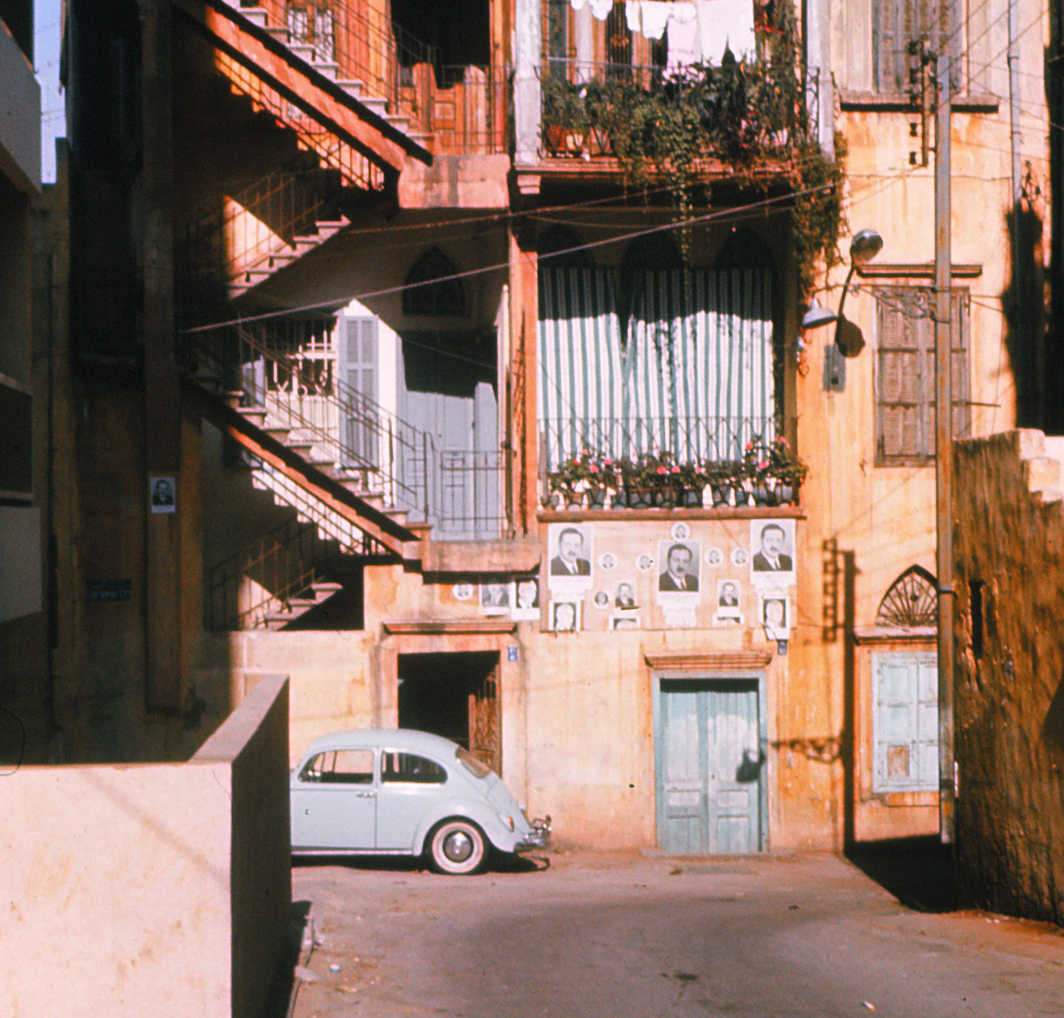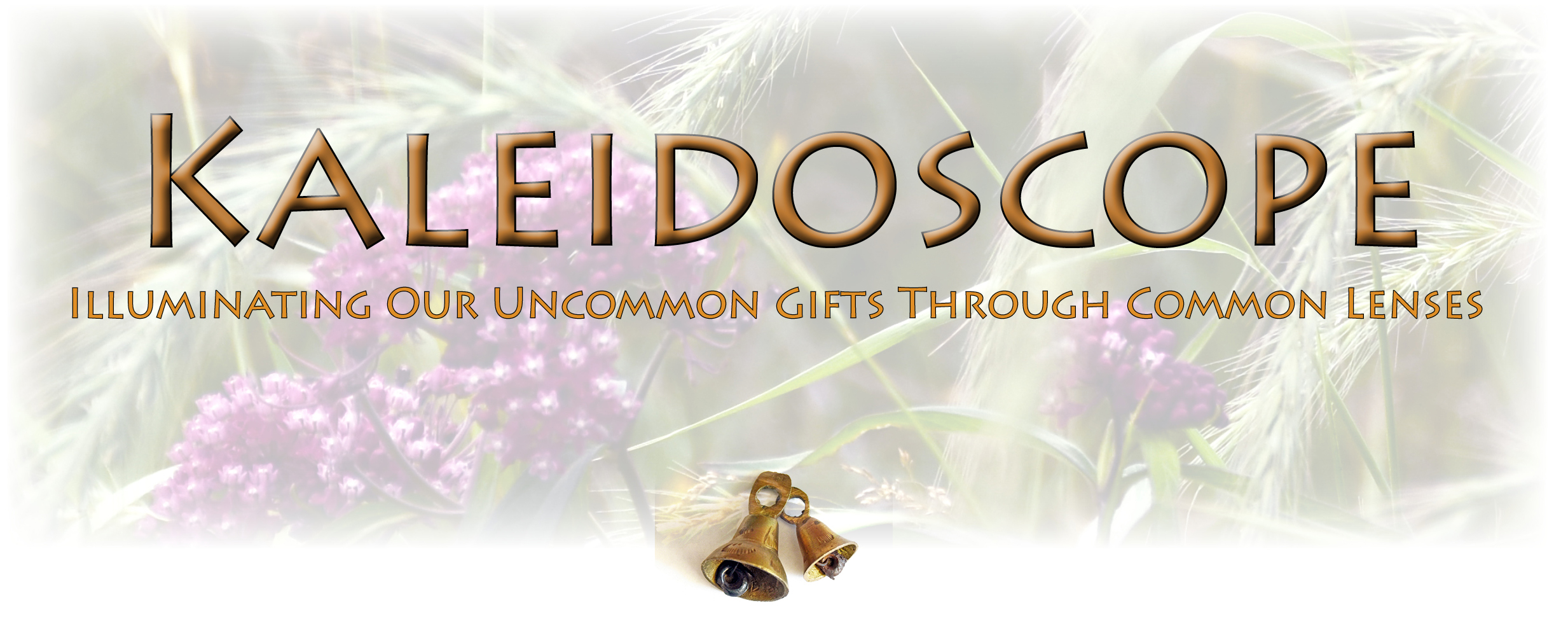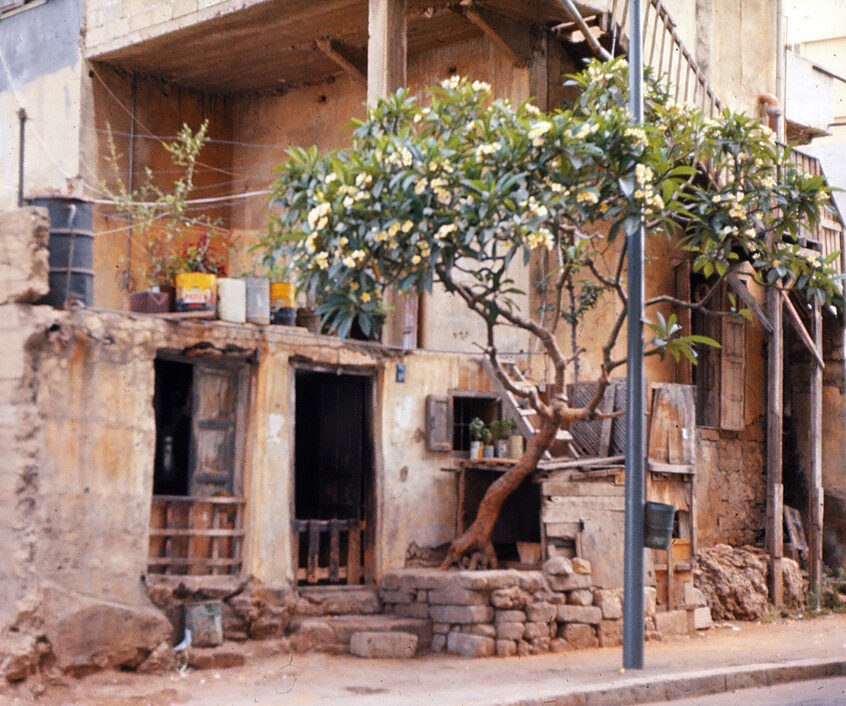A house I passed by on my walk home from school.
I am a standup comedian who has performed comedy in the Middle East
in front of thousands. The Lebanese loved it when you would make fun of their
driving and how, in Lebanon, a red light is just a suggestion to stop. ~ Maz Jobrani
Lebanon was at one time known as a nation that rose above sectarian hatred;
Beirut was known as the Paris of the Middle East. ~ Roger Ebert
I had just turned 24 the week before I arrived in Beirut after an arduous journey that included some days of delay in Athens because several commercial airliners had been hijacked into the Jordanian desert. At least one of them stopped in Beirut so the airport had been closed. It was September 1970. We were awakened at about 2:00 am and told to be ready to go in an hour. Immediately after we and our luggage had been unloaded in Beirut, the plane took off again. So much drama and adventure!
As I came out of Lebanese customs at about 6:30 am, a short, young, smiling man called my name. He said, “My name is Moussa. I work at the school. I was asked to pick you up and take you there. I’m happy to meet you!” I wondered how he knew my arrival time when I didn’t even know. Would I trust that he was telling the truth? I had never heard of him and wasn’t aware that he would be at the airport to pick me up. I could have said no. There were plenty of people and public taxis around. Yet, I decided to trust him.
It was already hot. I was tired and feeling disoriented. Nonetheless, he decided this would be a good time to give me an off-the-beaten-path tour of some of his favorite parts the city. We left the Western familiarity of what I later came to know as Ras Beirut and drove in chaotic traffic for some time. Then we began winding through the back streets of a very modest neighborhood. Finally, he stopped, parked the car, got out, and came around to my side of the car. He smiled, opened my door, and invited me out.
“Where are we?” I asked.
“I want you to meet my mother,” he said. “She is expecting us and has made breakfast for you.” Indeed, she had made a traditional Egyptian breakfast called Fool Mudammes. It is fava beans prepared as a porridge. I had never heard of fava beans before, let alone eaten them.
After a pleasant visit, we got back into Moussa’s car and he drove me to the school. I checked in, found my room in the dorm where I would be a counselor, and immediately fell asleep. My new home.The Mediterranean Sea was just a block away and we had a great view of it from our classroom which was less than a block away from the dorm. What a bonanza!

An alley I walked through on my way home from school.
Photos by Barbara
Scans of 35mm slides
Story published in “Welcome to Earth”
Kalendoscopelenses.com
September 13, 2022

